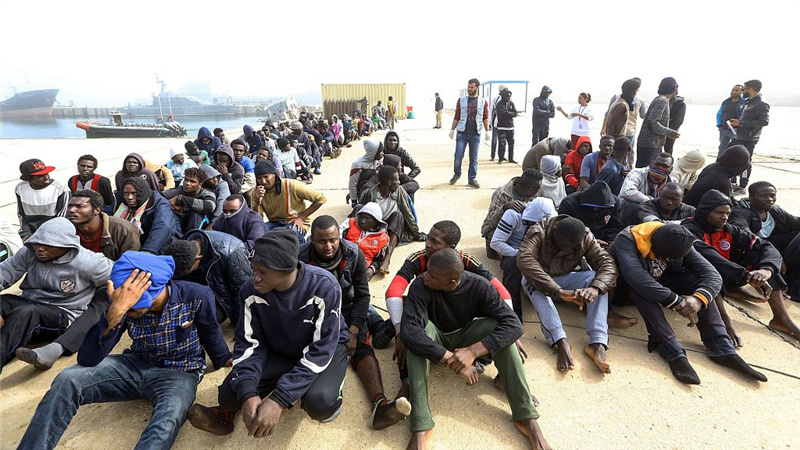SRSG Mizutori's remarks at COP-26 side event: Les migrations et les déplacements à l’ère de la crise climatique

Africa has often been called a “continent on the move” and this is especially true for West Africa, which is one of the most mobile regions in the world. More than 50% of global migration flows from the West African and Sahel countries. At the same time, people are very much reliant on rain-fed agriculture. This makes the region highly vulnerable to the impacts of global warming, including droughts and flooding.
When climate change impacts combine with human factors - such as conflict, high levels of poverty and unemployment - large scale population movements and displacement often result. Displacement and migration are two of the most devastating consequences of unmanaged disaster and climate risk.
UNDRR believes in investments that reduce and manage climate-related disaster risks. In this regard, I’d like to highlight a few of our key initiatives.
We are pleased to collaborate with the African Climate Mobility Initiative. This unprecedented global partnership was recently launched by the African Union Commission, UN and the World Bank. Together, we are working to ensure that disaster-related displacement becomes part of disaster risk reduction strategies. Specifically, we seek to improve data and analytics around displacement, so we can better understand who is most at risk. Having such information allows countries to act to either prevent displacement or reduce its negative impacts.
We are also scaling up efforts to make sure that climate change is fully integrated into disaster risk management strategies. The Global Risk Assessment Framework, which we are rolling out, will give countries better access to climate data and other elements of risk. The Sendai Framework Monitor provides metrics and data that are now used by over 150 countries. While, UNDRR’s Words into Action (WiA) guidelines on Disaster Displacement provides steps to integrate existing and future disaster displacements into policymaking.
Recently, UNDRR and WMO also jointly launched a Centre of Excellence for Climate and Disaster Resilience. The Centre will act as a knowledge base, promoting a comprehensive understanding of risk across multiple countries.
Finally, we are working with colleagues within the global climate policy processes, including in the expert groups under the Warsaw International Mechanism for Loss and Damage; and in the Technical Expert Group on Comprehensive Risk Management.
COP26 provides a unique moment to reflect on the devastating consequences of the climate emergency, especially for those on the front lines. UNDRR is committed to advocating for these countries, as well as to working together on reducing climate-related displacement and supporting those affected by it.
Source: United Nations Office for Disaster Risk Reduction






